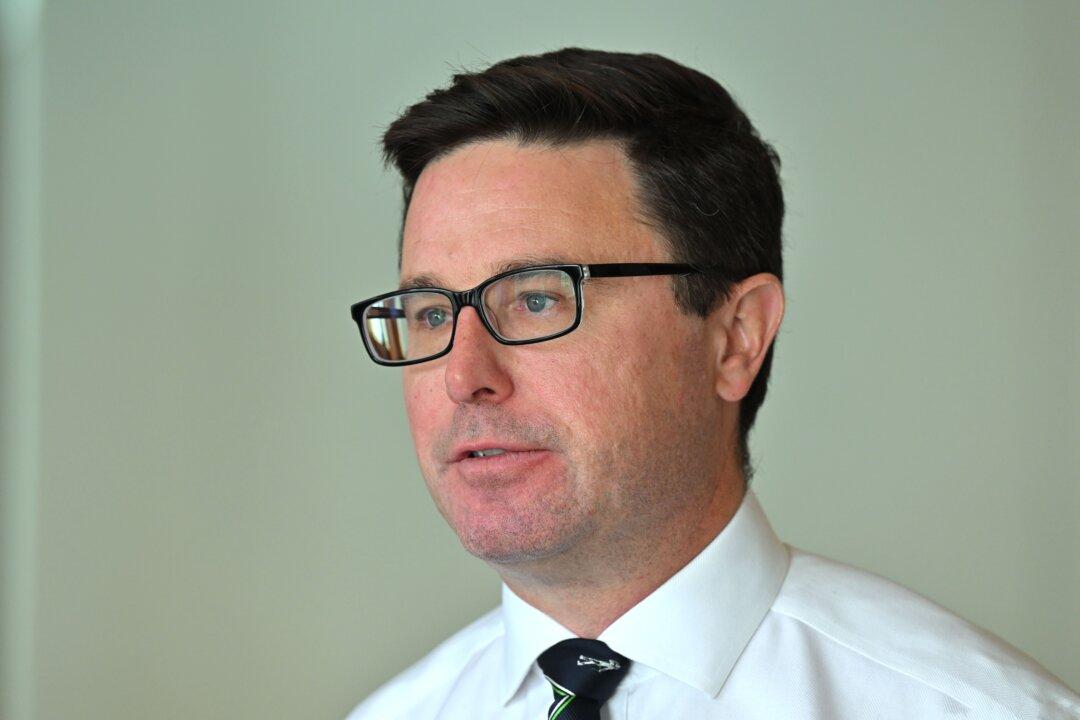Leader of the National Party, David Littleproud, said he personally did not support the Liberal’s call to legislate a local and regional Indigenous Voices.
In April, National’s Coalition partner, the Liberal party, overwhelmingly voted to oppose the Indigenous Voice to Parliament, instead calling for local and regional voices to achieve better Indigenous outcomes.





